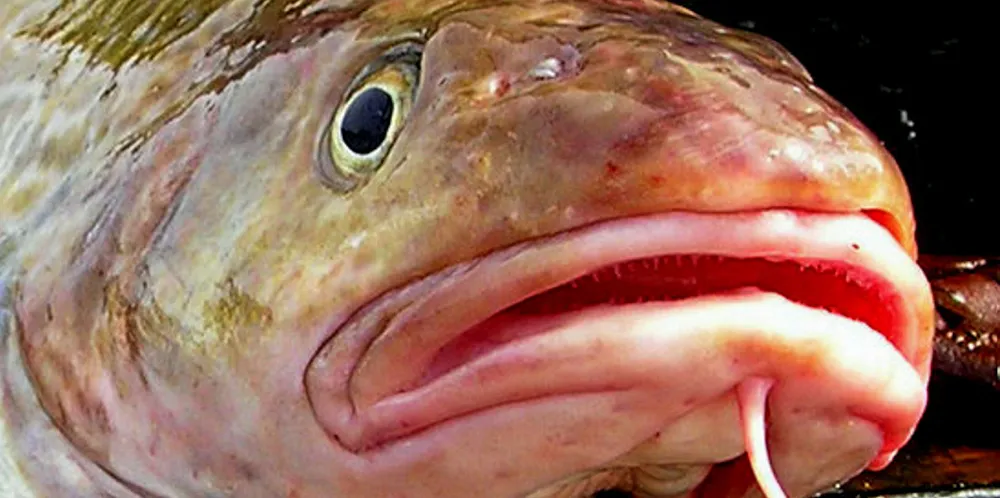Coronavirus forces 'unprecedented' cancellation of surveys critical to Alaska pollock, Pacific cod harvest decision-making
The move will have major implications for setting harvest levels of Alaska pollock, Pacific cod and other species crucial to the global wild fish supply.
